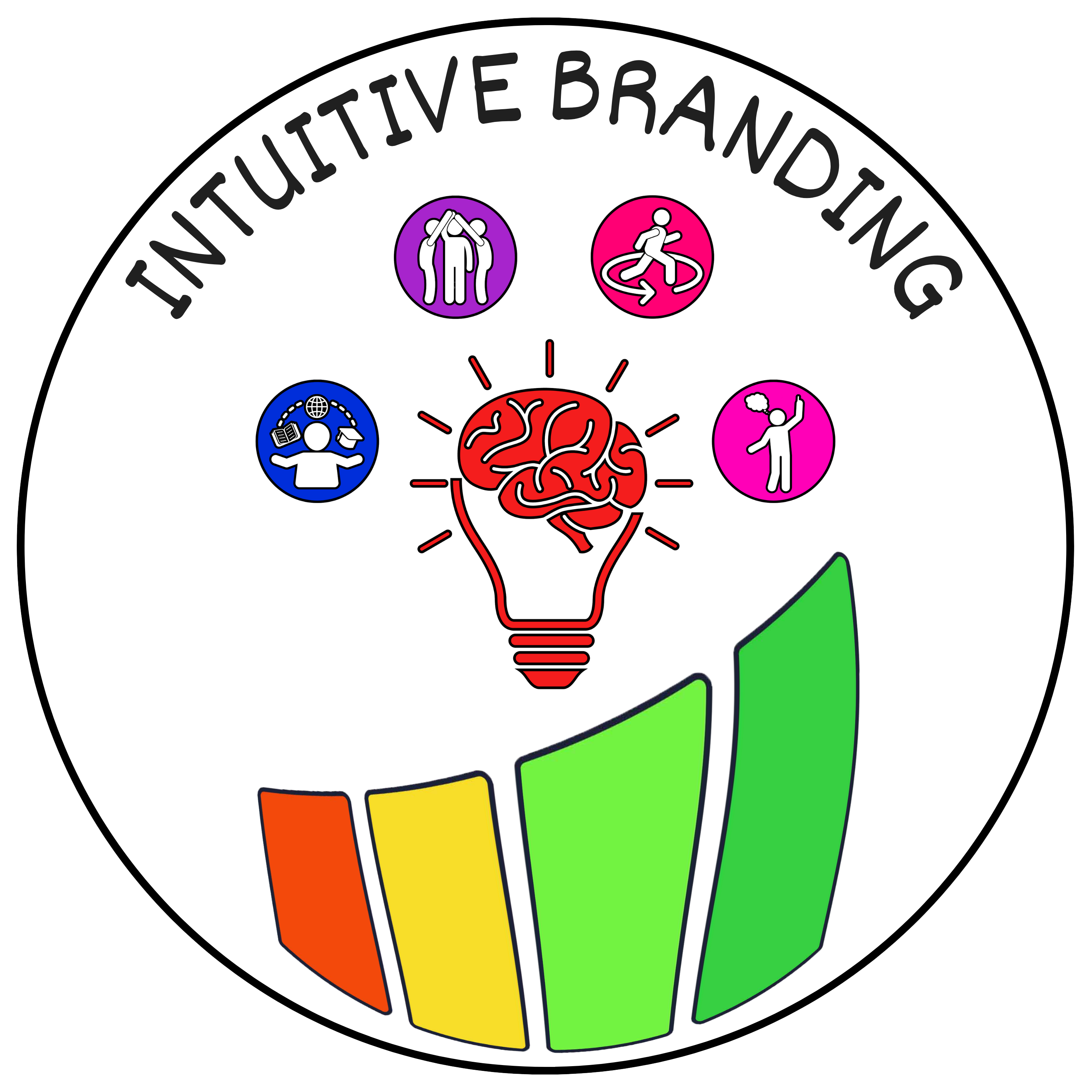When it comes to making critical decisions in the business world, Experiential Intuition can be a powerful tool. It uses your past learning and experiences to guide your choices, helping you determine whether to move forward with a decision or take a step back.
With studies showing that the average person makes 35,000 decisions daily, the brain’s ability to store and process past experiences becomes invaluable. Think of it as a mental library—each decision you’ve ever made is stored in your subconscious, ready to help you assess whether a new choice aligns with your past successes or mistakes.
What is Experiential Intuition?
Experiential Intuition is a type of intuition that draws on your previous experiences to inform present-day decisions. It acts as a reference point, comparing new situations to those you have encountered before. This can be particularly helpful in fast-paced business environments where time is limited, and decisions need to be made quickly yet effectively.
For example, if your Experiential Intuition recognizes a scenario that previously led to success, it encourages you to proceed with confidence. On the other hand, if it detects a situation similar to a past failure, it sends warning signals, advising you to reconsider your approach.
Read our related article on Understanding the Four Types of Intuition here.
Marley Jaxx’s Journey: Trusting Experiential Intuition
A compelling example of Experiential Intuition at work is the story of Marley Jaxx, a social media entrepreneur who built a seven-figure business. Marley faced a difficult choice—leaving her secure position at a dental clinic to start her own business helping clients with their social media needs. It was a risky move that could have led to significant financial instability.
However, Marley’s Experiential Intuition guided her through this uncertain phase. It drew on her past experiences and successes in managing social media, helping her recognize that her skills could translate into a successful business. Trusting these intuitive signals allowed Marley to dive in fully, and her gamble paid off as she grew her new venture into a thriving enterprise.
Watch this Video to Learn About Marley Jaxx’s Journey
How to Leverage Experiential Intuition in Your Business
Harnessing the power of Experiential Intuition in your business requires a few key practices:
- Reflect on Past Decisions: Look back at the choices you’ve made—both good and bad. Understanding past outcomes can help your intuition identify patterns and make more informed decisions in the future.
- Trust Your Experience: Your intuition uses your entire history as a guide. When faced with tough decisions, trust that your subconscious is drawing from those experiences to help you make the right call.
- Listen to the Signals: If you feel a sense of hesitation or a gut feeling urging you forward, pay attention. These signals are your Experiential Intuition guiding you based on what it has learned over time.
The Role of Experiential Intuition in Business Success
Relying on Experiential Intuition can be the difference between seizing an opportunity and avoiding a costly mistake. This type of intuition helps you understand when to take a calculated risk and when to back off, providing a roadmap for navigating challenges and opportunities. Psychology Today shared 3 ways to harness your intuition to make flawless decisions.
By listening to the lessons your Experiential Intuition offers, you can build a business that adapts quickly, avoids pitfalls, and capitalizes on proven strategies.
Related Article: How Tim Cook Relied on Intuition to Join Apple
Conclusion
Experiential Intuition isn’t about guessing—it’s about letting your past experiences guide your current decisions. Whether you are contemplating a major business move or navigating day-to-day challenges, trusting in the wealth of experiences stored in your subconscious can give you the edge you need to succeed.

